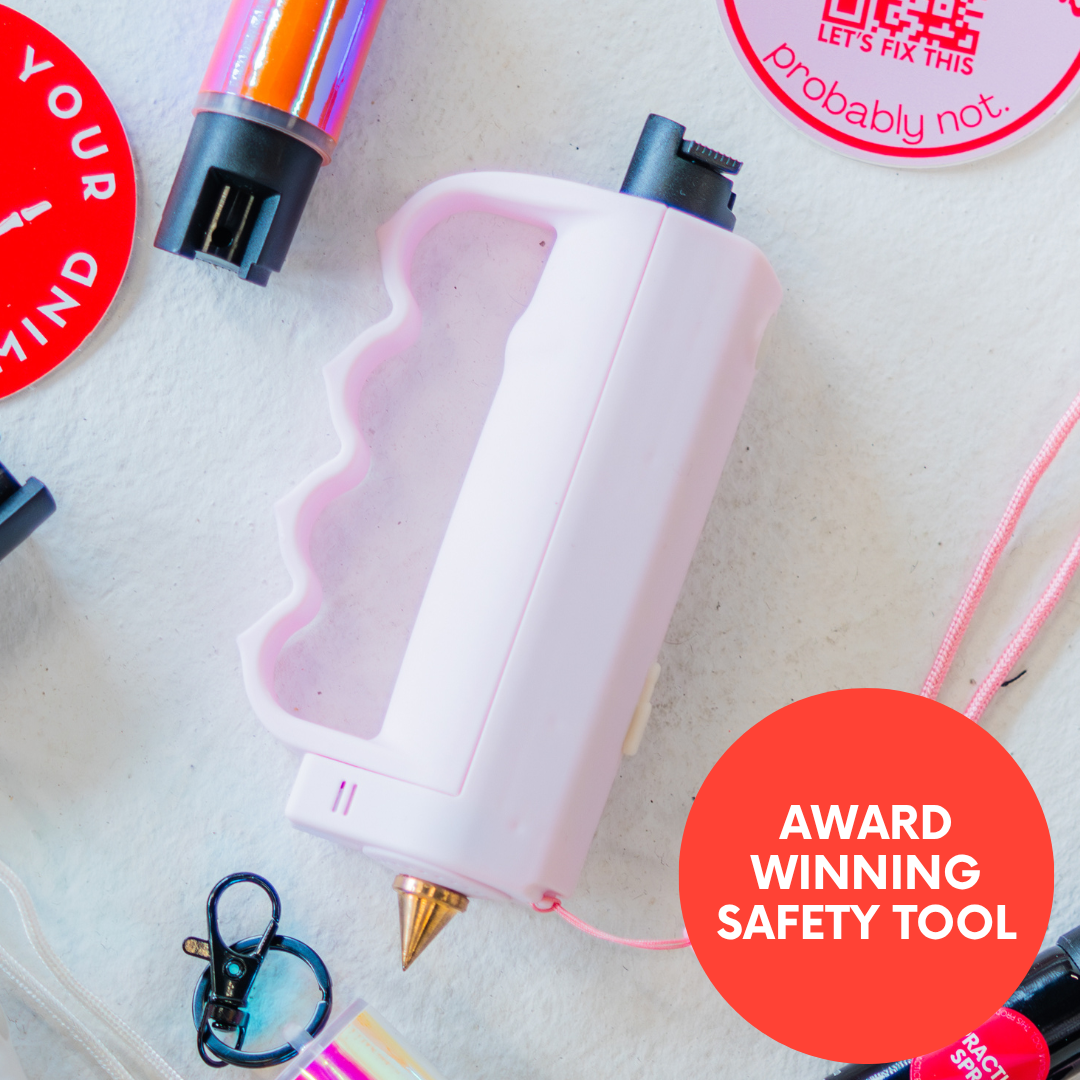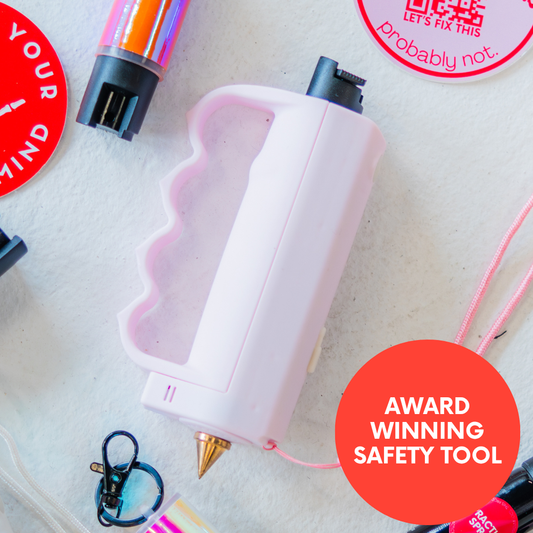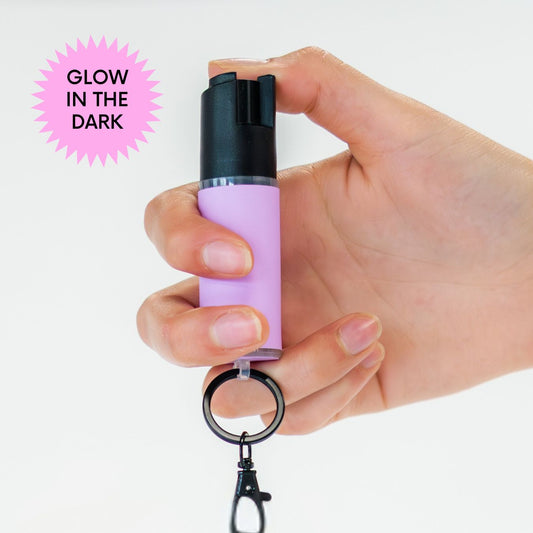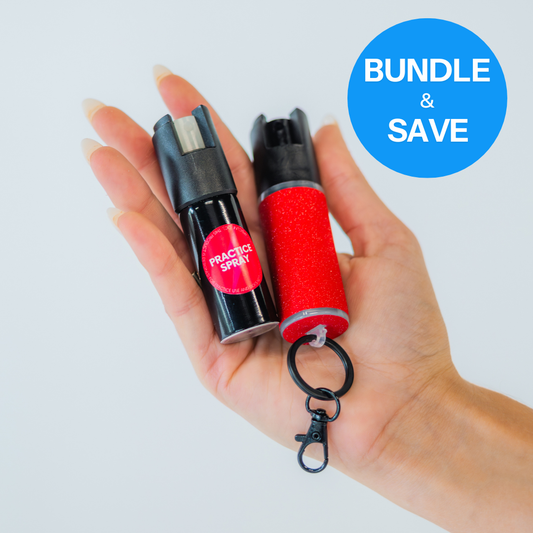Personal safety is a fundamental human right.
It's something we all deserve to have, no matter who we are or where we live.
Unfortunately, in today's world, personal safety has become a growing concern for many people. From acts of violence to accidents, it's a reality we must all face.
The question is, how do we ensure our personal safety without living in constant fear? It's a delicate balance that can be challenging to achieve.
In this blog post, we're going to explore why looking after your personal safety doesn't mean you live in fear.
1. Awareness is Key
Being mindful of your surroundings is an essential component of personal safety.
Knowing where you are, who is around you, and what potential risks exist can help you avoid danger.
However, it's important to note that awareness is not synonymous with fear. Instead, it should be a proactive and confident approach to safeguarding yourself.
For instance, if you're walking home alone at night, knowing the route you'll take and having a plan in case of an emergency can give you peace of mind.
2. Prevention is the Best Cure
Prevention is always better than cure.
Taking simple steps like locking your doors or using a VPN when browsing the internet can make a significant difference in deterring would-be attackers and protecting you from cybercrime.
Avoiding risky situations and mitigating potential hazards can reduce the risk of experiencing an injury or harm.
Being proactive and taking action to prevent avoidable incidents can help us stay safe without living in fear.
3. Invest in Your Personal Safety
Investing in personal safety equipment and tools can help you feel more secure when you're out and about.
This can range from carrying non-lethal self-defense items like pepper spray or whistles to using wearable technology, such as a personal alarm or GPS tracker.
Such tools can provide you with a sense of control and security.
4. Ask for Help
If you are dealing with abuse, harassment, or stalking, it's important to seek professional help to ensure your security.
Seeking professional assistance from a therapist or security provider can help you feel more empowered and safe. Such assistance can also provide you with the necessary knowledge and skills to avoid potentially dangerous situations.
5. Know when to Trust Your Instincts
Sometimes, our instincts can be our best defense against potential dangers.
If something feels off, it's essential to trust your instincts and remove yourself from the situation.
Trusting your gut can help you avoid situations that may put you in danger, allowing you to maintain your sense of personal safety without succumbing to fear.
Final Thoughts
Personal safety doesn't mean living in constant fear; it's about taking the necessary steps to ensure our well-being.
Awareness, prevention, investing in personal safety, seeking professional help, and trusting our instincts are all ways in which we can look after ourselves without letting fear take over.
As we move through life, it's essential to remember that personal safety is our right, and it's up to us to protect ourselves.
With the right mindset, knowledge, and tools, we can maintain a safe and secure environment for ourselves and those around us.






